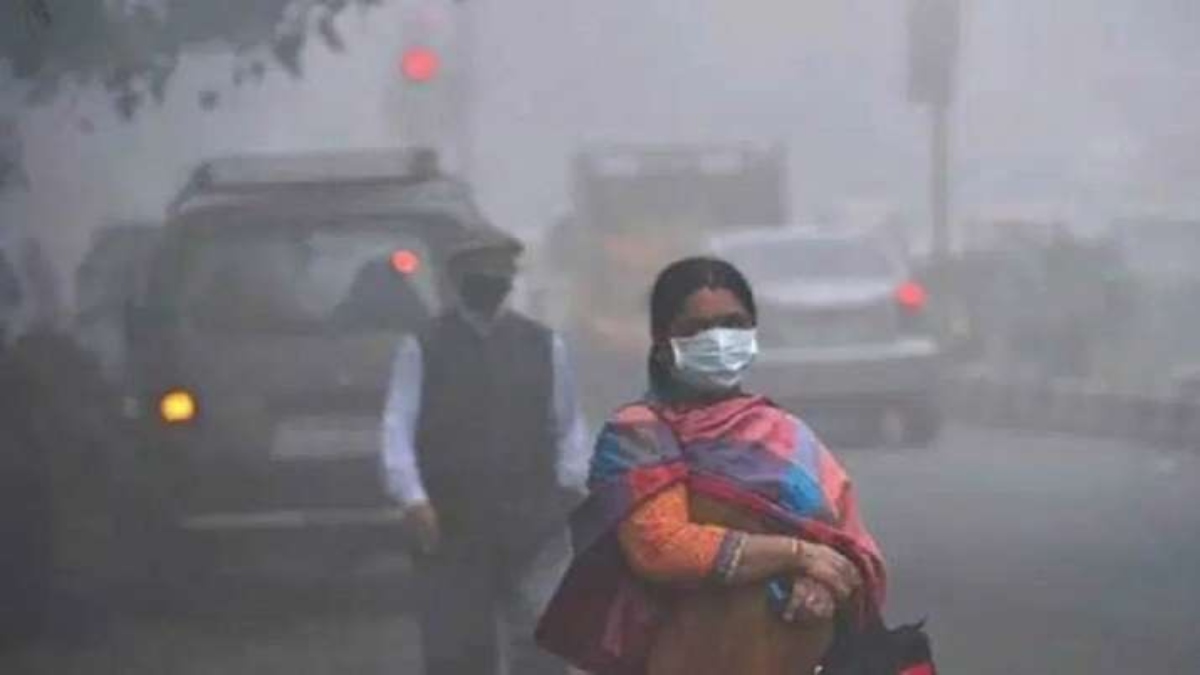
Doctors in Delhi have reported a 15 per cent rise in respiratory illnesses as air pollution levels worsen with the onset of winter. The toxic air, filled with fine particulate matter, is triggering an increase in asthma, bronchitis, and other breathing-related problems, especially among children and the elderly. Experts warn that prolonged exposure to poor air quality can lead to serious long-term lung and heart complications if preventive measures are not taken.
More than a week after Diwali, air pollution levels continue to rise sharply, with doctors in Delhi warning that poor air quality is severely affecting vital organs – especially among the vulnerable groups. Experts say there has been a 15 per cent surge in respiratory cases, with the elderly and children the most affected. Symptoms of breathing and lung-related issues include throat irritation, fatigue, and headaches, caused by high levels of carbon monoxide and other toxic, volatile compounds in the air.
“These pollutants can lead to long-term health issues such as cancer and reduced cardiac function. Respiratory physicians report a 15 per cent increase in patient numbers during these months, with longer recovery times,” said Dr Rajesh Chawla, Pulmonology and Critical Care Specialist, Apollo Hospital, quoted by the Economic Times.
CPCB data shows harrowing figures
An analysis of Central Pollution Control Board data has revealed that in the last week, PM2.5 concentrations surged to 488 micrograms per cubic meter, the highest in five years and more than three times the pre-festival level of 156.6 micrograms per cubic meter.
The survey, based on over 44,000 responses from residents across Delhi-NCR, which includes Gurugram, Noida, Faridabad, and Ghaziabad, has found that 42 per cent of the households reported that one or more members were suffering from sore throat or cough, while 25 per cent said family members had burning eyes, headaches, or difficulty sleeping.
Experts say despite a more than 75 per cent reduction in stubble burning events in Punjab and Haryana this year due to floods and delayed harvests, Delhi and adjoining areas’ air quality has remained poor with the Air Quality Index (AQI) crossing 400 in several areas — about 24 times higher than the World Health Organization’s recommended level for PM2.5 exposure.
source: https://www.timesnownews.com/